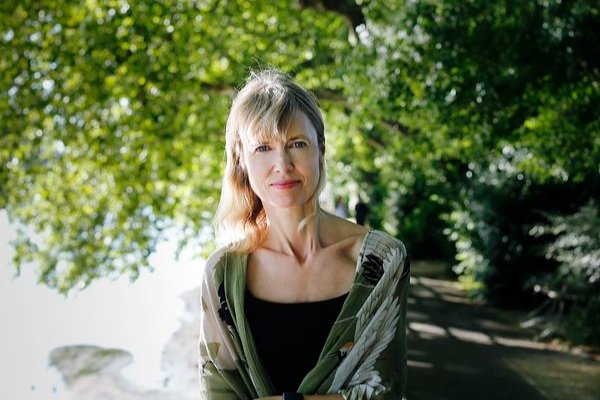
Advertisement

Modern Cookery for Private Families
by Eliza Acton

says
First published in 1845, this iconic text was authored by an aspiring poet. Eliza Acton, who was urged to ditch the sonnet for the syllabub—aka a frothy 16th-century drink made from curdled milk—takes liberties with her Victorian classics, lacing recipes for Christmas pudding and Italian ‘maccaroni’ (an early incarnation of Spaghetti Bolognese) with her signature wit.
from the publisher
The most widely used of all the Victorian cookery books, much admired for its limpid style and incomparable recipes, and for the classic English style it represents. Eliza Acton's receipts show English cookery at its very best, before the over-elaboration of late Victorianism overtook it. She was writing for small families, so quantities in the recipes hardly need to be altered.
Most popular
- Original Publisher
- Longmans
- Date of publication
- 1845
- ISBN
- 1844009599
Features & Stories

Recommended by
Frances Bissell
Food writer
It was either Miss Acton or Prospect Books’ facsimile edition of Hannah Glasse’s The Art of Cookery but in the end it has to be the writer cook who paved the way for us all, in a sense, because Eliza Acton was the first to write down a recipe in the formula with which we are familiar today, including a list of ingredients, a detailed method, observations and cooking time, and recipes which were designed to be used in the home, every day, rather than restaurant or banquet food. Published in 1845, Acton’s food is extraordinarily modern and her writing is detailed to the point of being an extremely good read.
The Gastrogays
Influencers
We’ve got such an odd fascination with old cookbooks, the classical of the classic texts. While we’d rarely even contemplate making anything from it, this book is fascinating to see how the diets and tastes have changed over the years, as well as how ingredients once described as “exotic” are now commonplace and marvel at antiquated cooking methods and measurements. We often play around with recipes from it, to see if we can put a modern take on an almost extinct dish.
Glyn Hughes
Food historian
This is the first modern cookery book. Acton, born in Sussex, was one of the first writers to give complete lists of ingredients and their quantities and described her method as being 'reduced to a system of easy practice'. 'Modern Cookery' continued to be updated and re-issued until well into the 20th Century. She is also slightly famous for her poetry.
Annabel Abbs
Novelist, cook and food blogger
My number one, of course! Acton is regarded as the inventor of the modern cook book and of the recipe, but she was also the inventor of gorgeous ‘food prose’ – as befitted her poetic past. Her Apple and Ginger Soup, Chocolate Custards and Acton Gingerbread are family favourites in my house.
Regula Ysewijn
Food photographer, writer and graphic designer
Where do I start? Her fantastic writing as if you are reading a novel? Her clear views agains adulterated food and the use of chemicals? The fact that although she clearly loved France, she also respected and loved British food and culture? She should have been remembered, not Mrs Beeton.
Richard Corrigan
Chef
One of the country’s first cookbooks aimed to demystify the secrets of the stove to the domestic readers. A Victorian Nigella Lawson if you want... The infamous Mrs Beeton’s book of household management was closely modelled on it, if not a little ‘borrowed’ in places.
Geraldene Holt
Professional food writer and broadcaster
Eliza Acton's books reveal years of practical experience in a 19th century kitchen. She was a Francophiile with a discriminating palate who understood the challenge and delight of domestic cooking which she described with a fine turn of phrase that is a joy to read..
Emma Kay
Food writer
The marvellous, brilliant and talented cook, Eliza Acton was plagiarised by Beeton and neglected within the annals of culinary history for decades. She combined original cookery writing with specific timings and measurements, long before it was common practice.
Sybil Kapoor
Writer and broadcaster
I use an unabridged facsimile published by Southover Press Beautifully written, I always return to this book when I want to regain a sense of the simplicity and beauty of British cooking. Her recipes work, but you can just use it for ideas.
Annie Gray
Food historian
Bridget Henisch
Medieval food historian
Cristine MacKie
Author
Jill Norman
Author and editor
Henry Notaker
Literary historian
Mary-Anne Boermans
Cookbook author
Advertisement















